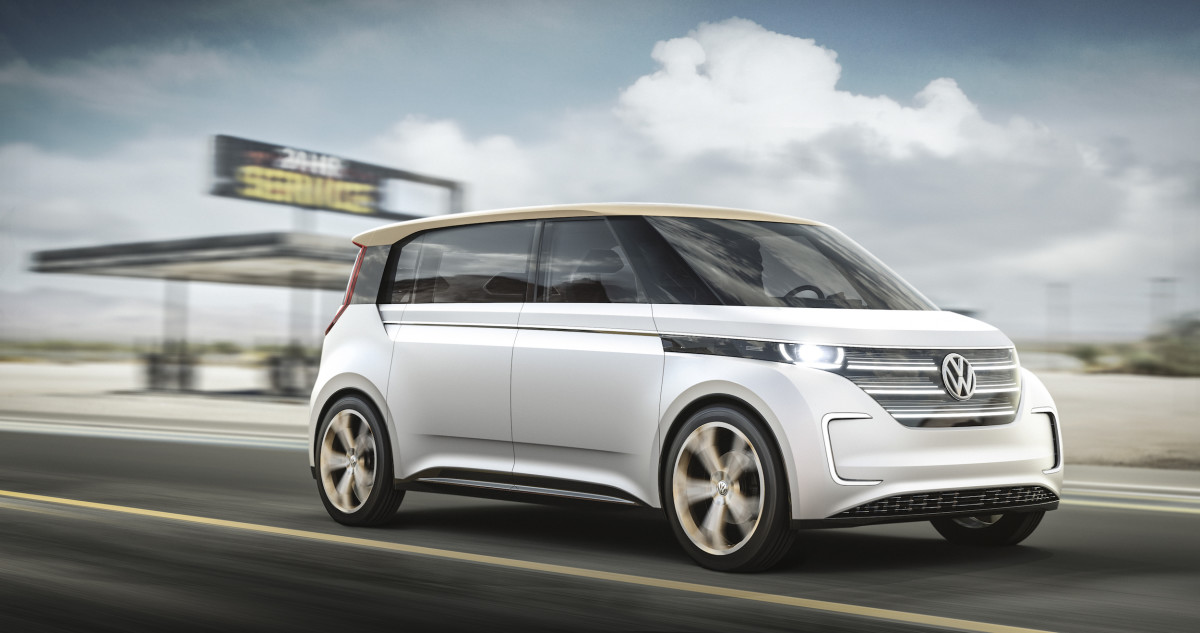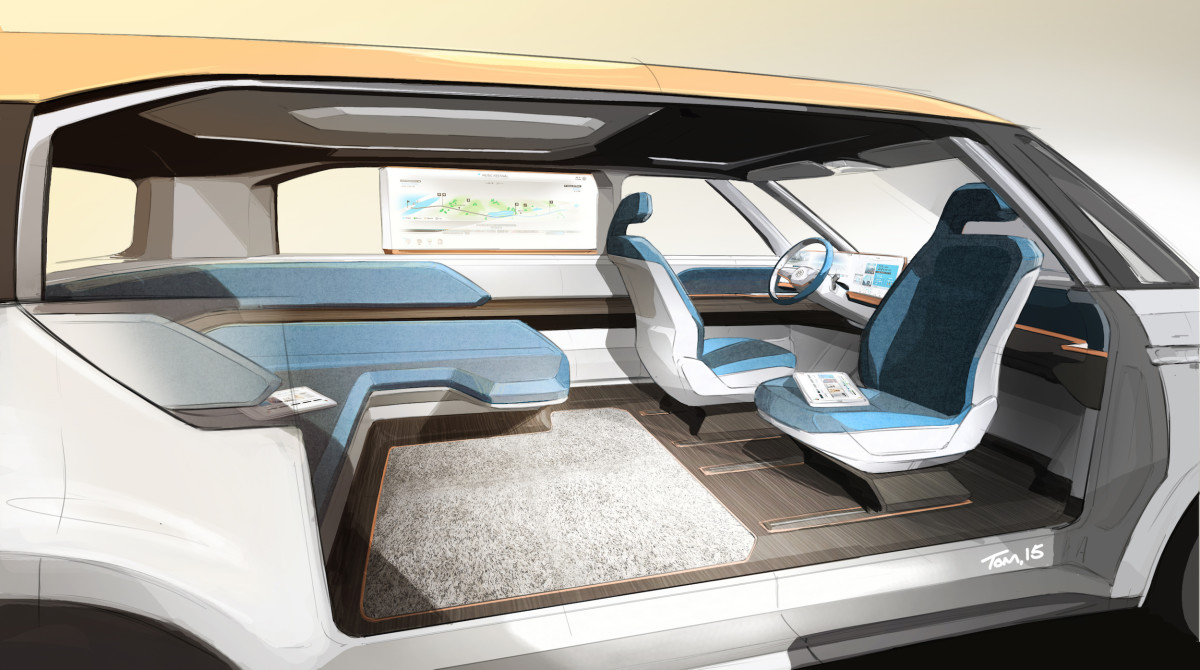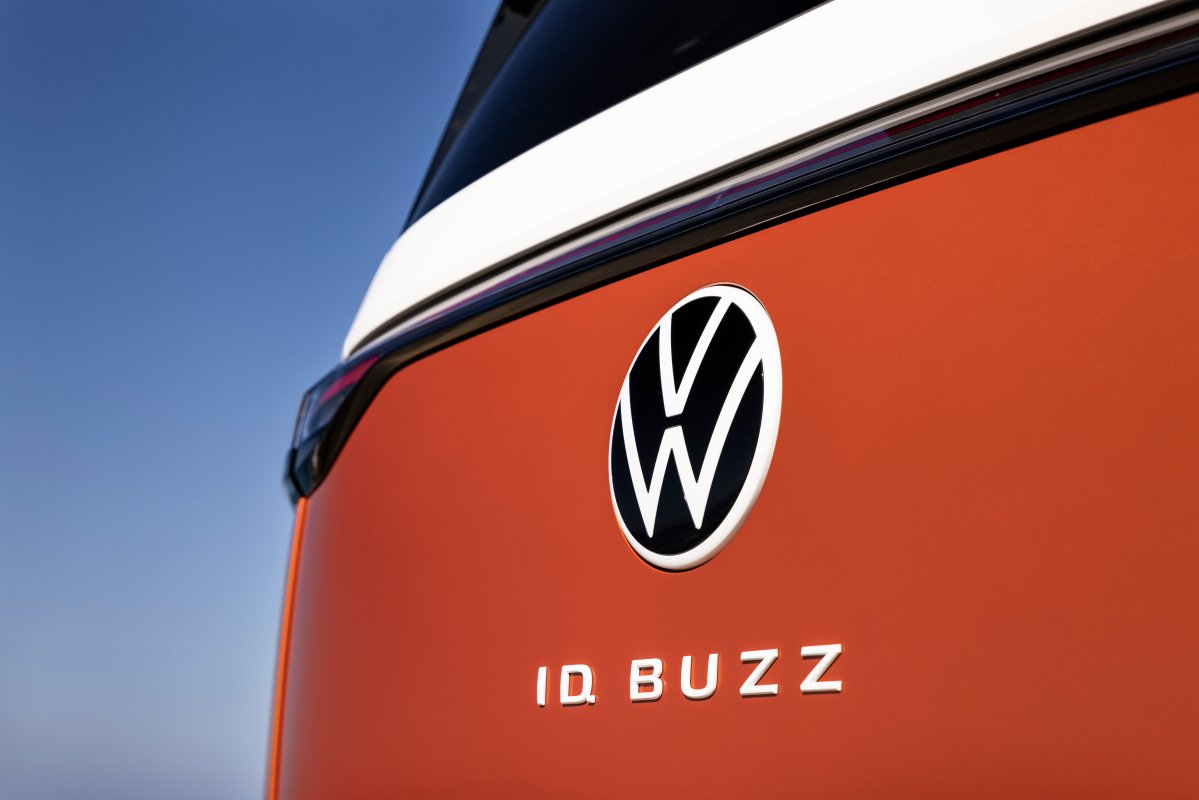The Buzz About the Volkswagen ID.Buzz

The Volkswagen ID.Buzz is creating quite the stir, especially with its retro-inspired design that lovingly nods to the classic VW microbus while bringing it into the electric era. However, the starting price of around $59,995 puts it up there in the price range and could make some potential buyers flinch. That’s a lot more outlay than what you’d expect to shell out for standard gas or hybrid minivans like the Chrysler Pacifica. But here’s an intriguing development—rumor has it that there might be a more compact and budget-friendly version on the horizon, set to potentially replace the Touran, which, admittedly, isn’t something we’ve come across in the U.S., our market being the SUV haven it is.
Concept Inspiration

So, why all this talk about an affordable ID.Buzz version? Well, the chatter circles back to Volkswagen’s Budd-E concept introduced a while back. Presented as the vanguard of VW’s MEB platform—which underpins current models like the ID.4 and ID.7—the Budd-E was a slick, modern take on the traditional minivan, complete with a wraparound windshield, bold aesthetics, and cutting-edge lighting. This concept might just spark the new Touran substitute, boasting the hallmark short overhangs that optimize interior space without making the vehicle feel too unwieldy. Some whisperings within VW suggest that innovative sliding doors and adaptable seating configurations are on the drawing board, aiming for a vehicle that doesn’t just transport, but enhances family life.
Performance Prospects

As exciting as futuristic designs are, the performance is what truly grounds these fantasies in reality. If this Touran successor gets the green light, expect choices between single and dual electric motors. A power range around the neighborhood of 200 to 250 horsepower is plausible, to keep it affordable while still delivering on the electric promise. This would be a step below the brawnier 282 to 335 horsepower found in larger models like the ID.Buzz. BMW’s penchant for rear-wheel drive might see an exception in this case, with a balance found in front-wheel drive being more economical and practical.
Battery-wise, it’s all about hitting that sweet spot. Proposals suggest capacities between 60 to 80 kWh, enough to pack in a decent range of around 240 miles, ensuring it’s competitive in the current EV market.
Stateside Availability?
The million-dollar question—or at least a $59,995 dollar one—is whether this smaller and more affordable ID.Buzz will venture across the pond to the United States. Realistically, this might not be in the cards just yet. An overlap with the ID.4’s price range wouldn’t make the best strategic sense, especially when the trend in the U.S. favors SUVs more than compact minivans. Yet, the prospect of a mini ID.Buzz catching American eyes isn’t entirely off the table. If the design hits the right nostalgic notes combined with practical charm, it could carve out a unique niche.
Initially slated for a 2027 introduction, the slimmed-down ID.Buzz could be a game-changer. By blending the iconic design cues of its older sibling with a fresh, more budget-conscious approach, Volkswagen could well enhance its reputation in the EV realm. If the brand pulls this off, it can shift even closer to the hearts of both nostalgic enthusiasts and modern-day families alike.
Dealer Fee Hike
Ford Bronco Safety Lags
Mustang GTD: Pricey Power
Chevy RWD Blazer Out
Corvette Zora Unleashed